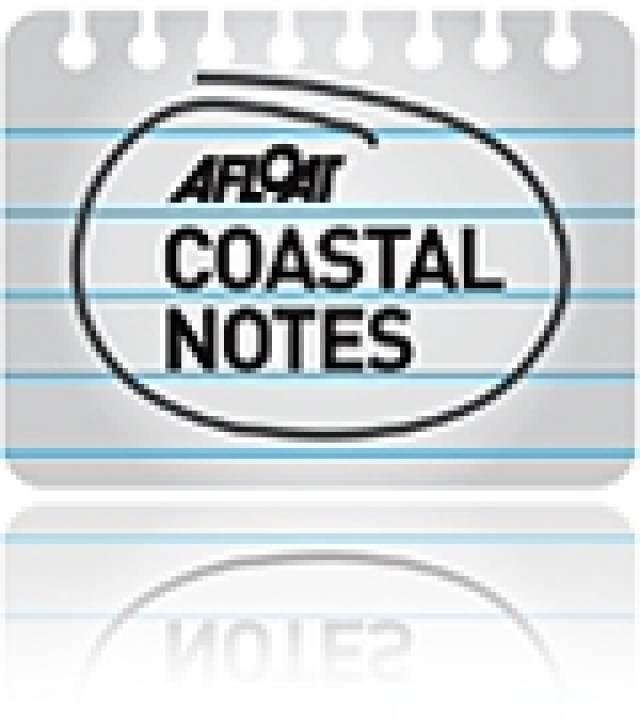Divers at the wreck of the Lusitania have recovered important items from the ill-fated cruise liner, The Irish Times reports.
The haul includes a bronze telemotor (part of the ship's steering mechanism), a telegraph that assisted in navigation, and a number of portholes.
It is hoped that some of these might shed some more light on how the ship was lost off the Cork coast, after she was torpedoed by a German U-boat in 1915.
The items are currently being held by Customs and Excise under the 1993 Salvage and Wreck Act until title can be established.
As previously reported on Afloat.ie, Lusitania owner Gregg Bemis is currently mounting what might be the final major dive expedition to the wreck site.
The Irish Times has more on the story HERE.































































